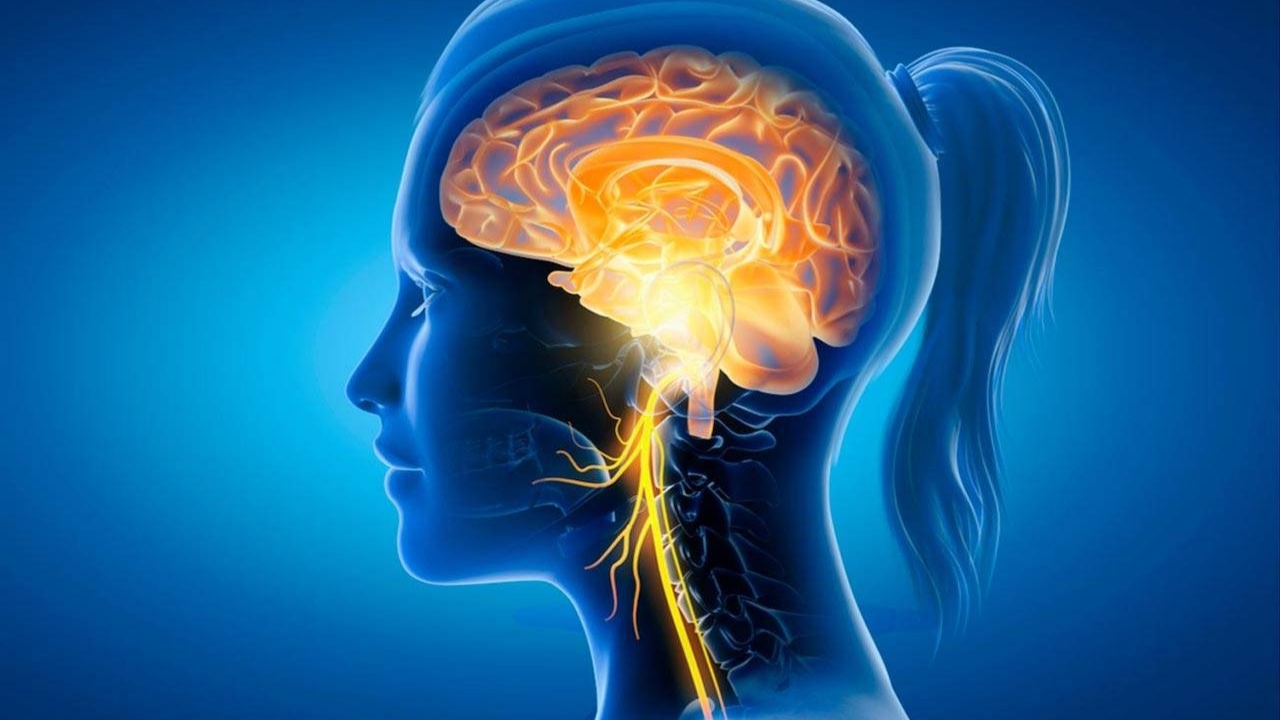क्षमा करें, यह समाचार आपके अनुरोध की भाषा में उपलब्ध नहीं है। कृपया यहाँ देखें।
Although the human brain has billions of cells, just a small fraction of it is employed in daily operations. The dormant cells constitute a reserve, but they deteriorate if not used for a long time. Stress reduction is critical for nerve health. Solving puzzles or playing mental games, on the other hand, might help you relax. Participating in such activities activates our nerve receptors, causing them to react to even the tiniest of movements. This helps to combat severe illnesses including paralysis, stroke, memory loss, and so on. It also increases memory, flexibility, and resilience.
Give your nerves and cells the nutrients they need to convey information:
To work properly, our nerves require a combination of minerals, proteins, and vitamins. Nerve transmissions are improved by foods like chia seeds, cauliflower, brown rice, sprouts, almonds, and seafood.
– Calcium and potassium: These minerals govern the electrical impulses that neurons generate and transmit. Nerve dysfunction can result from a lack of both. Milk, eggs, and green vegetables are high in calcium, whereas bananas, pomegranates, and oranges are high in potassium.
– Vitamin B12: It is necessary to keep the myelin sheath, a protective covering that surrounds each nerve, from wearing down. Vitamin 12 deficiency is frequent among vegetarians, and it functions as an insulator for the transmitting nerve. Neuropathy is defined by a loss of nerve functioning due to a lack of Vitamin 12 in the blood.
– Dark chocolate includes tryptophan, an amino acid that transmits information from one nerve ending to the next.
Allow your brain to relax by getting enough sleep:
With a rapidly changing lifestyle and a growing tendency toward longer nights, the value of getting a full 7-8 hours of sleep at a reasonable hour is fading. Sleep deprivation can cause chronic problems that damage our reflexes as well as our ability to think, respond, and communicate. A good night’s sleep guarantees that our neurological system is in good working order, making learning and remembering easier and more convenient.

 English
English






